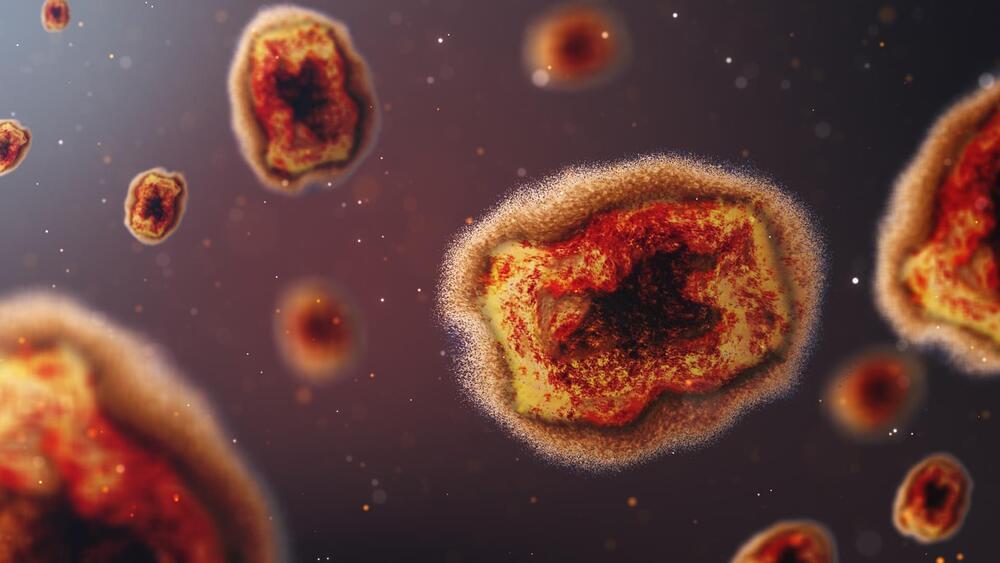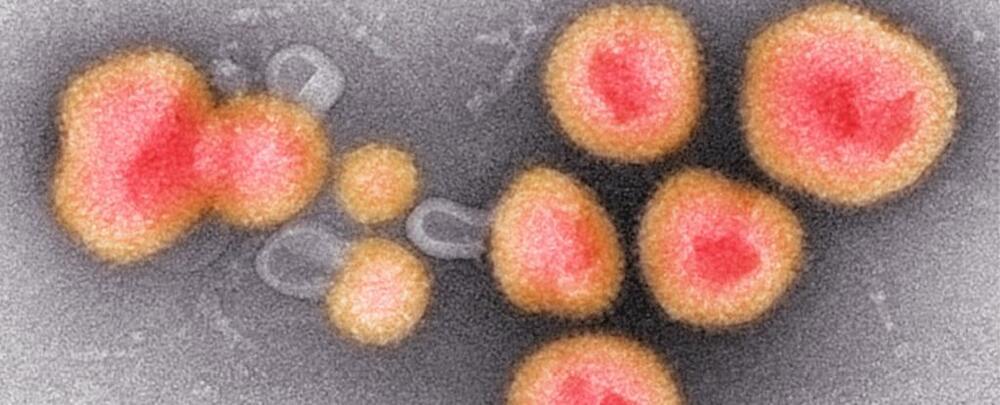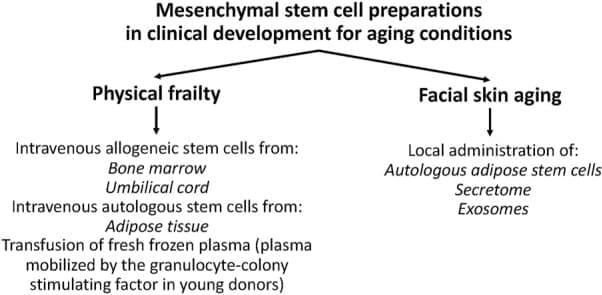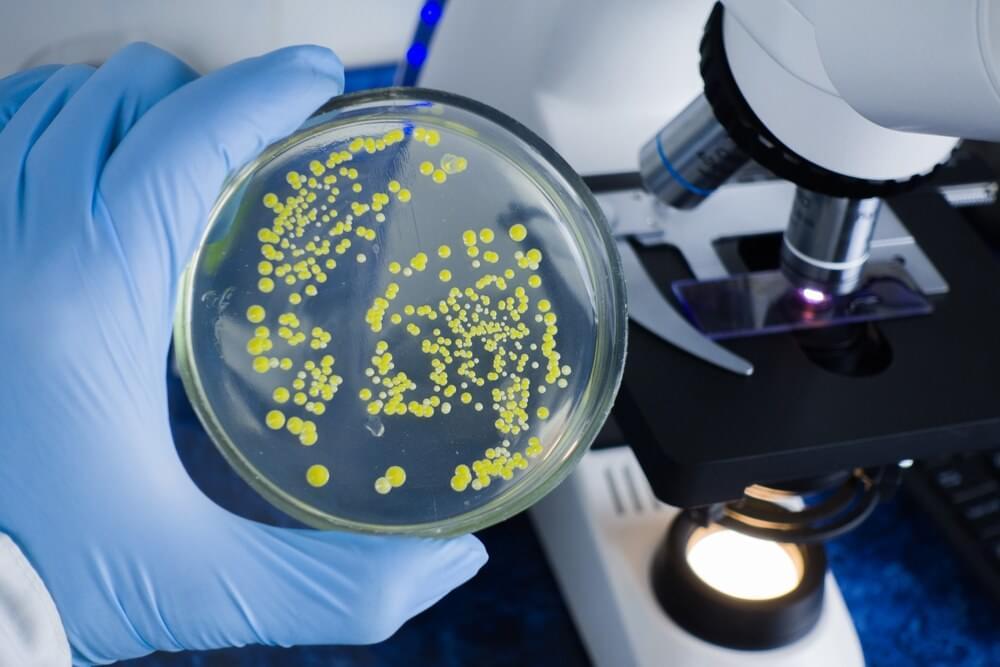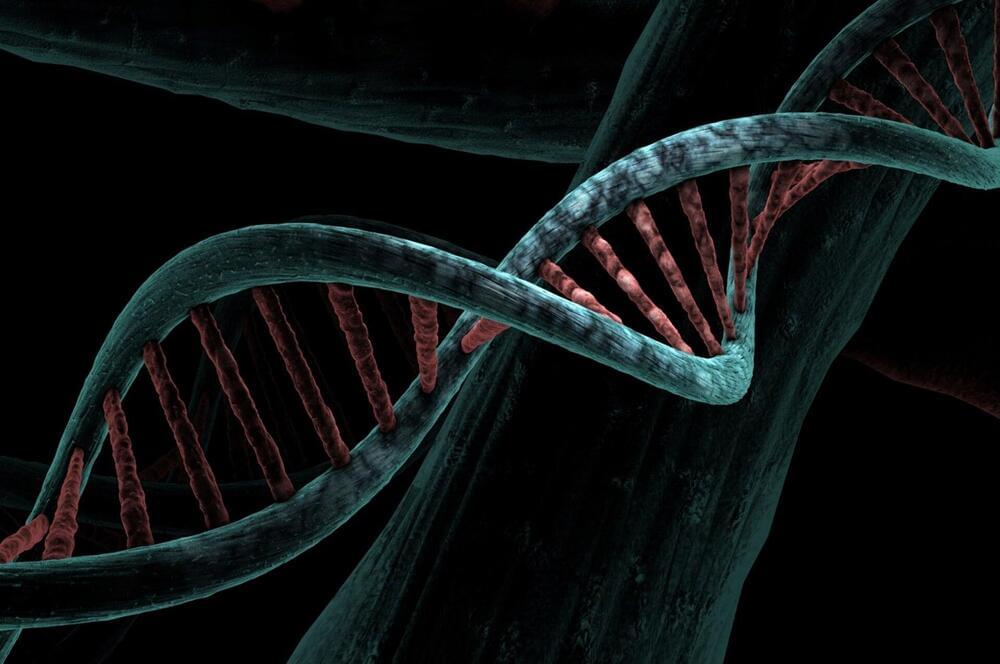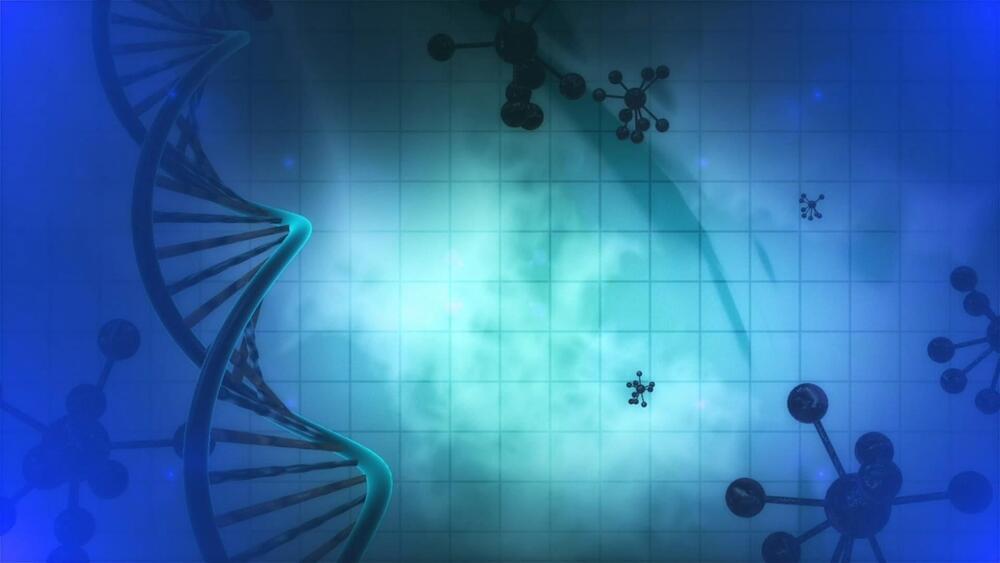Apr 28, 2023
BRAVE NEW WORLD (Full TV Movie Re-Edit) NWO Cut + Aldous Huxley Interview 1958
Posted by Dan Breeden in categories: biotech/medical, internet, media & arts, nanotechnology
A Re-Edited version of Aldous Huxleys classic, Brave New World…
My original plan was to only show parts relevent to present times… Then I realised that this is the blue print for our future… And the future is here, now and present… What we do from here is anyones guess… This should be seen by EVERY HUMAN ALIVE… It is the story of our fate and final destruction… We are already at the tipping point… Don’t accept their bullshit… Fight back with NON COMPLIANCE!!! DO NOT ACCEPT 5G… DO NOT ACCEPT BIO-TECHNICS… DO NOT ACCEPT IMPLANTS, VACCINES, NANO-TECH, etc, etc, etc… The future is ours if we take it… Or leave it to the World Rulling Psychopaths… The choice is YOURS!!!
I LOVE YOU ALL!!!
Continue reading “BRAVE NEW WORLD (Full TV Movie Re-Edit) NWO Cut + Aldous Huxley Interview 1958” »

